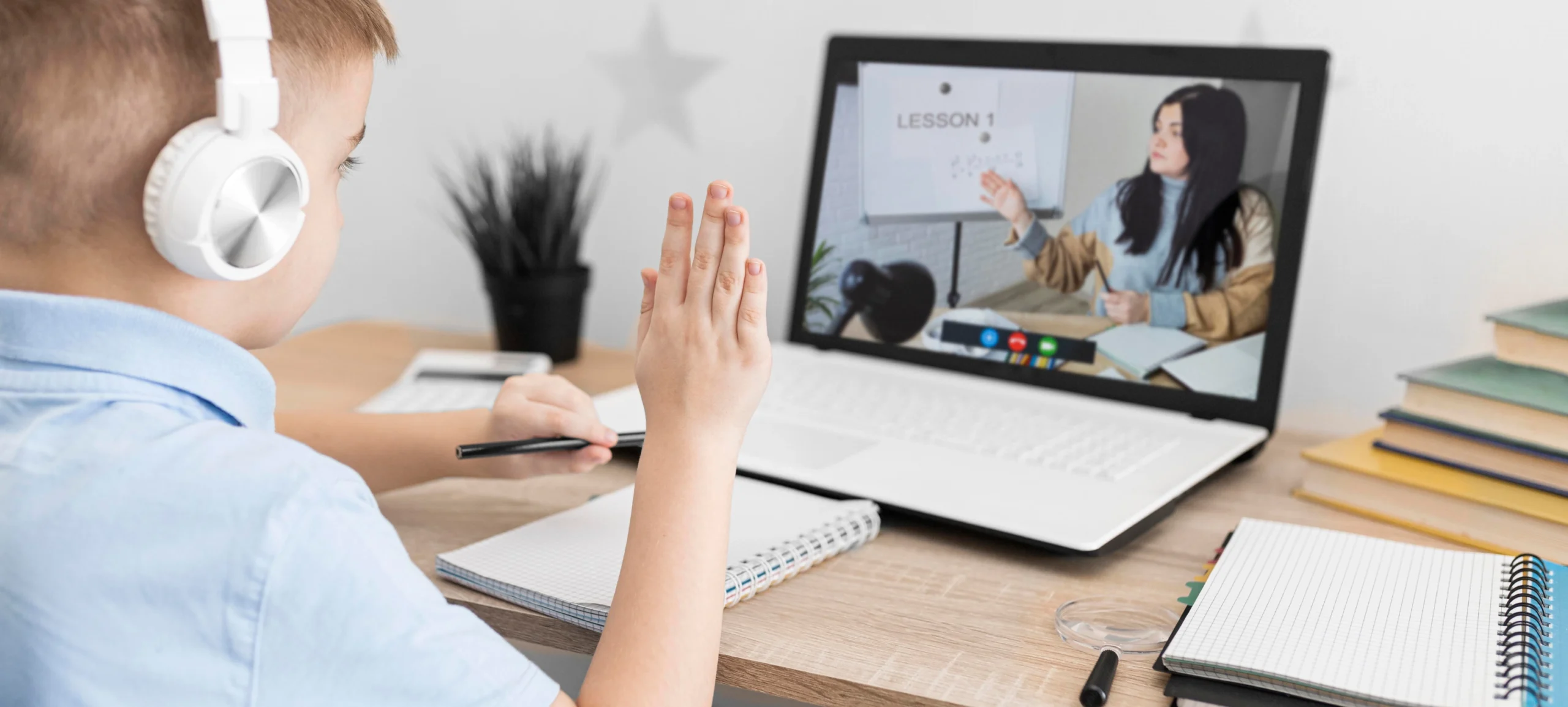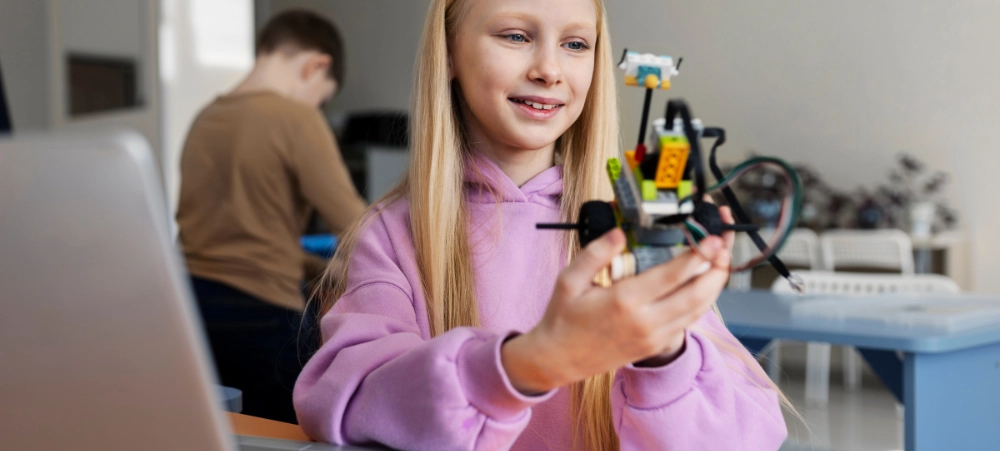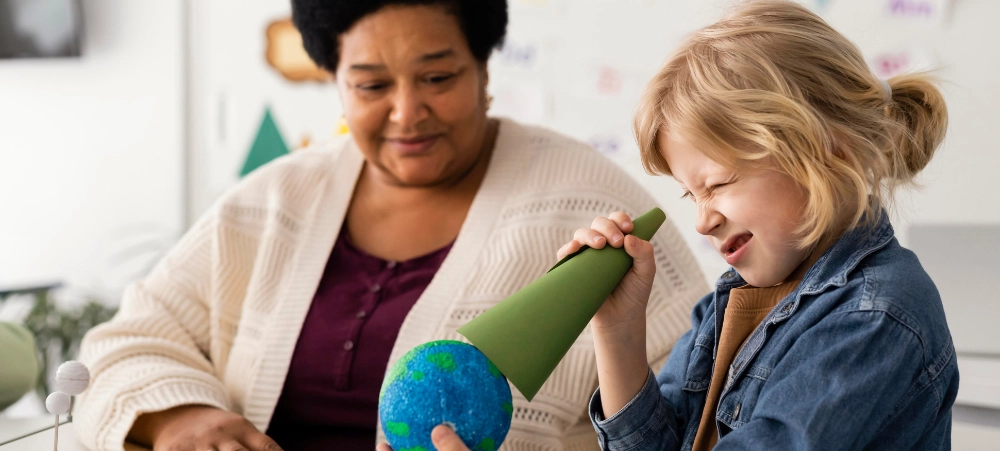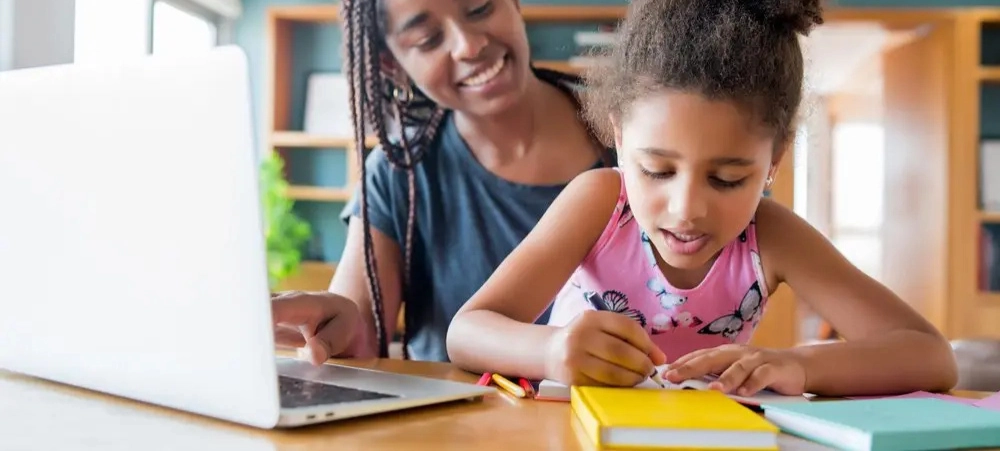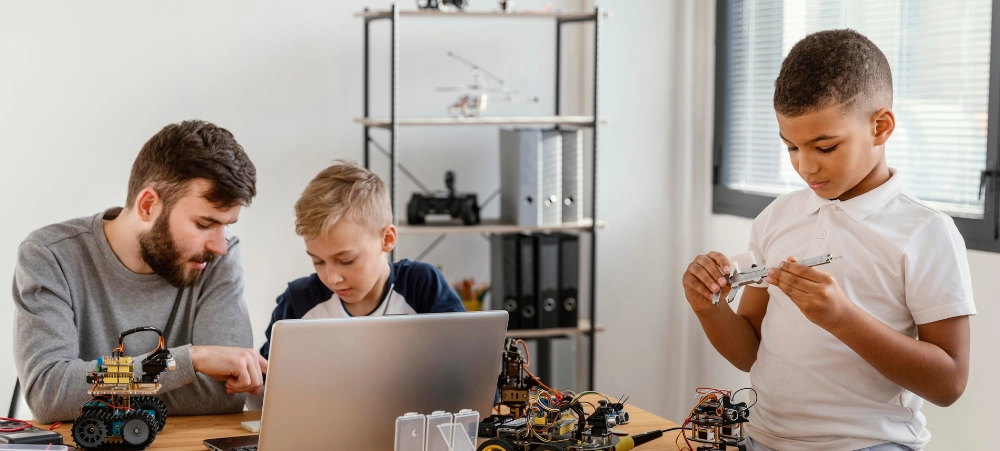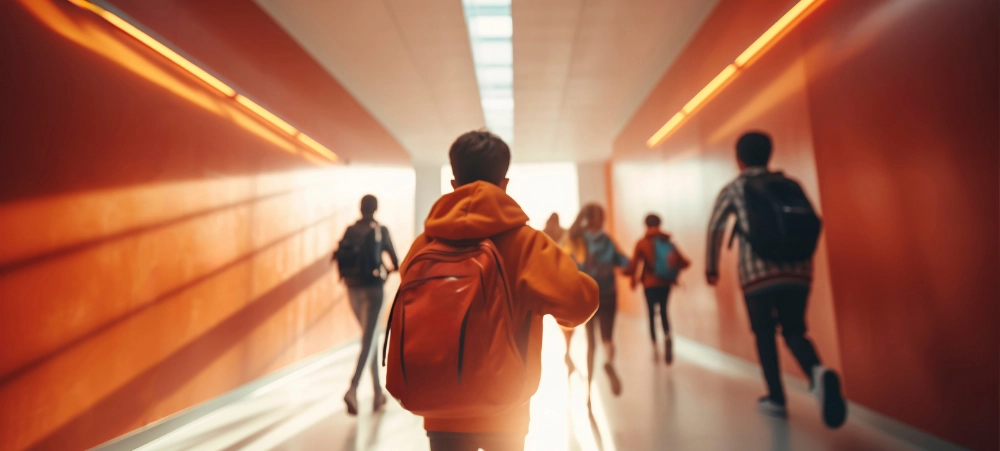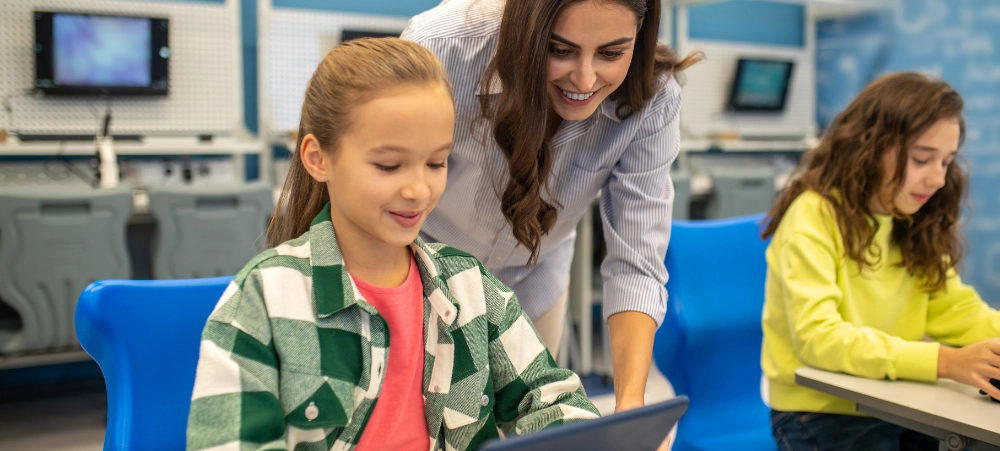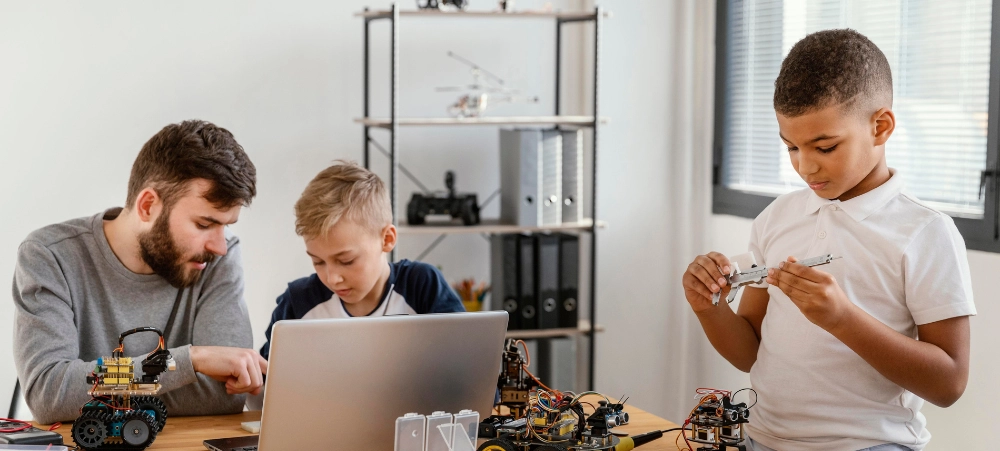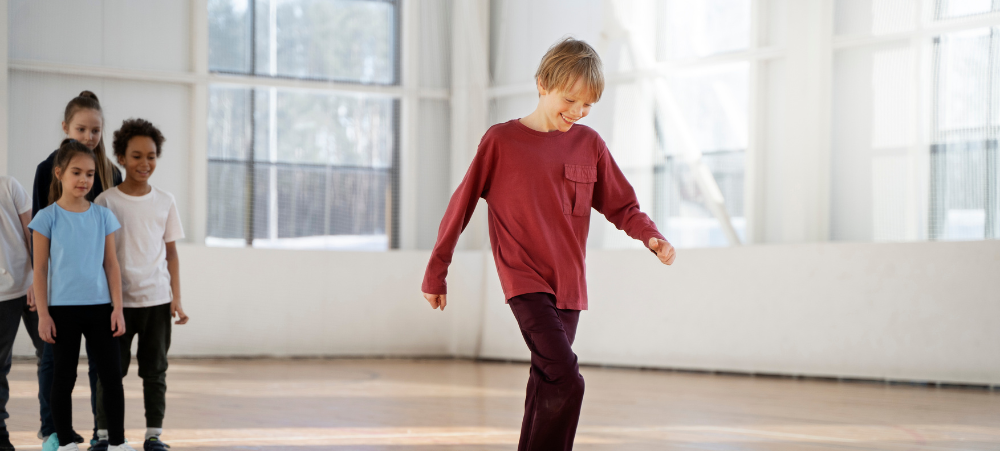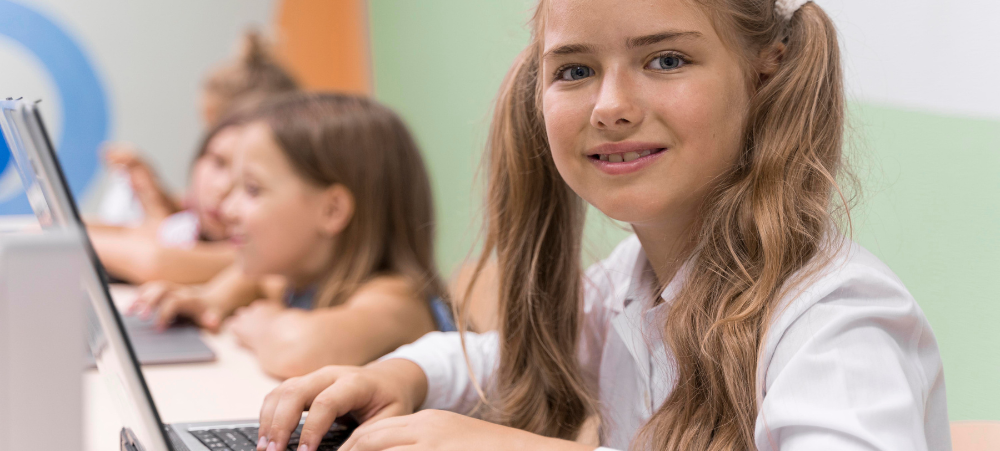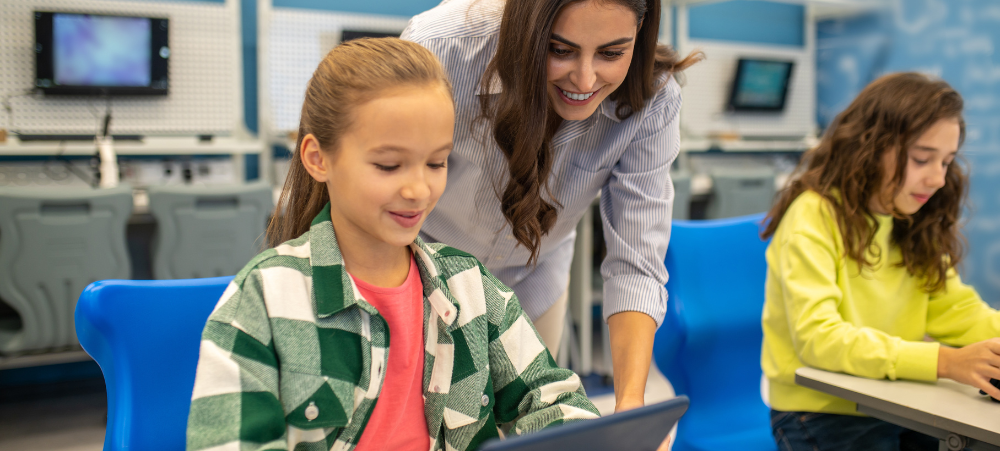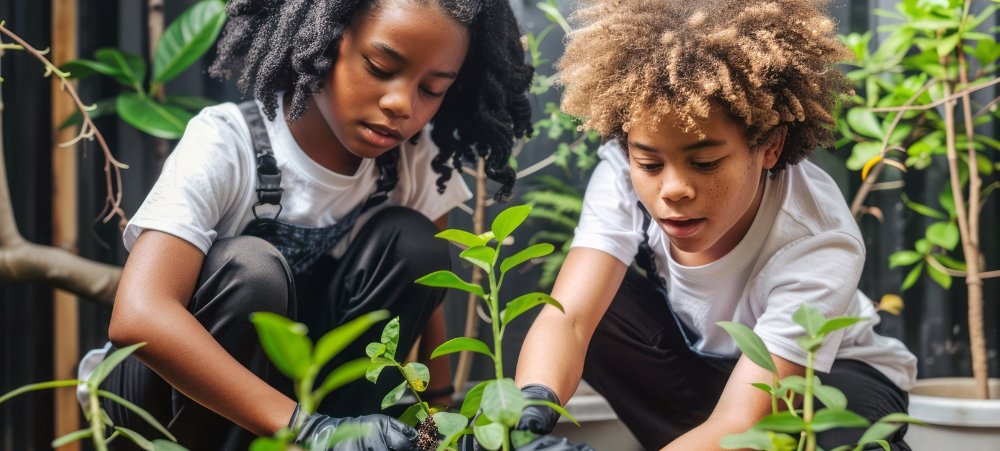
The Future of Education: Why 4IR Skills Are Essential for Every Student
In an era where rapid technological advancements are reshaping the fabric of society, the importance of equipping students with Fourth Industrial Revolution (4IR) skills cannot be overstated. The 4IR, characterised by the fusion of physical, digital, and biological systems, has given rise to groundbreaking innovations such as artificial intelligence, robotics, and blockchain. These developments demand a workforce that is not only tech-savvy but also adept at critical thinking, creativity, and collaboration. Online schools like Wingu Academy are at the forefront of this educational revolution, paving the way for a future where students are prepared to thrive in a highly interconnected and fast-evolving world. Here’s why 4IR skills are indispensable and how Wingu Academy is empowering students with these essential competencies. The Importance of 4IR Skills in Today’s World 1. Adapting to Technological Change Automation and artificial intelligence are transforming industries, rendering some traditional jobs obsolete while creating entirely new career paths. Students who develop 4IR skills such as coding, data analysis, and machine learning will be better equipped to adapt to these changes and seize emerging opportunities. 2. Fostering Problem-Solving and Innovation The 4IR demands individuals who can solve complex problems and think innovatively. These skills are crucial not only for the workforce but also for addressing global challenges such as climate change, health crises, and sustainable development. 3. Global Competence As the world becomes increasingly interconnected, the ability to collaborate across cultures and geographies is vital. 4IR skills like digital literacy and emotional intelligence enable students to thrive in diverse, globalised environments. How Wingu Academy is Preparing Students for the 4IR Wingu Academy’s commitment to fostering 4IR skills is evident in its cutting-edge curriculum and innovative approach to education. As a leading online school offering both the British International Curriculum and CAPS-aligned pathways, Wingu ensures students are well-prepared for the demands of the future. 1.Integration of 4IR Skills into the Curriculum Wingu Academy embeds critical 4IR skills into its learning programmes through subjects like Creative Coding, Junior Robotics, and Entrepreneurship. From Stage R to A-Levels, students engage with real-world applications of technology, honing their problem-solving abilities and computational thinking. 2. Blended Learning Approach The school’s unique blend of synchronous (live classes) and asynchronous (self- paced modules) learning mirrors the flexibility required in modern workplaces. Interactive platforms, gamified lessons, and hands-on projects bring concepts to life, ensuring students develop both technical and soft skills. 3. Specialised Schools for Focused Development Wingu Academy has established dedicated programmes such as the School of Coding and Robotics and the School of Entrepreneurship, which provide students with a deeper understanding of technology and innovation. These specialised schools ensure learners gain advanced competencies in areas like app development, robotics, and business creation. 4. Global Perspectives and Interdisciplinary Learning Wingu’s curriculum encourages students to make connections across subjects and apply their learning to real-world scenarios. For instance, its Global Skills Projects integrate critical thinking, creativity, and collaboration to tackle complex, interdisciplinary challenges. 5. Focus on Wellbeing and Emotional Intelligence The future of work places a premium on emotional intelligence, resilience, and adaptability. Wingu Academy’s Wellness Hub and programmes like the Kukua Initiative foster these traits, ensuring students are not only intellectually prepared but also emotionally strong. Building Trust Through Excellence At the heart of Wingu Academy’s mission is a commitment to personalised education. With diagnostic assessments, one-on-one academic support, and regular progress tracking, students and parents are assured of a learning experience tailored to individual needs. Testimonials from satisfied families underscore the transformative impact of Wingu’s approach, with students gaining confidence, independence, and a love for learning. Moreover, Wingu Academy’s accreditation by renowned institutions such as Pearson Edexcel and SACAI further reinforces its credibility. Parents can trust that their children are receiving a globally recognised, high-quality education. Empowering Students for a Dynamic Future The future belongs to those who are ready to embrace change and innovate. By prioritising 4IR skills, Wingu Academy is empowering students to not only navigate the challenges of tomorrow but also to lead and excel. Whether it’s coding the next big app, designing solutions for global issues, or collaborating across borders, Wingu learners are equipped to make a meaningful impact. In a world that rewards adaptability and innovation, the question is not whether students need 4IR skills, but how effectively they can acquire them. With Wingu Academy as their partner in learning, the future is not just a destination—it’s an exciting journey of discovery and growth. Take the First Step Towards Success: Enrol at Wingu Academy Today and Unlock Your Child’s Potential! Email: [email protected] Call: 087 147 1668 Book a consultation: [Link]

